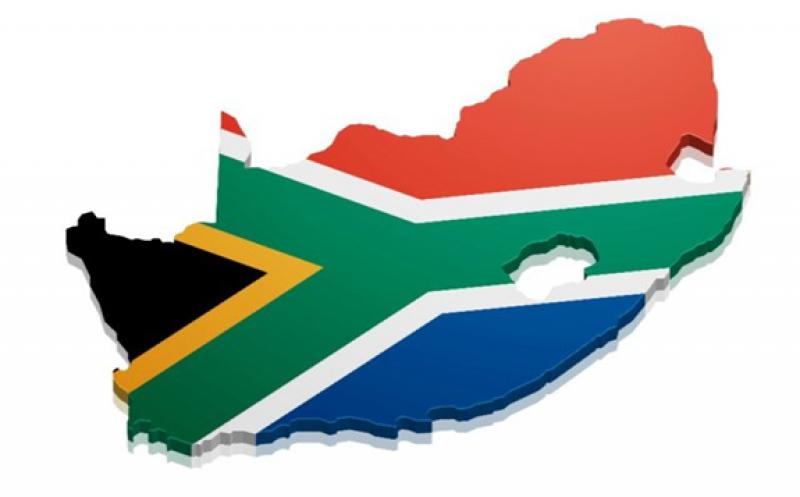In South Africa, the Western Cape Minister of Finance and Economic Opportunities, David Maynier through a media statement announced the six municipalities that will spearhead the Municipal Energy Resilience Project.

Maynier announced during his Budget 2021 Address that the province will spend R48.8 million ($3 million) over the medium term and provide a further R20 million ($1.3 million) in the provincial reserves for the Municipal Energy Resilience (MER) Project.
The three-year MER Project, officially launched in 2020, aims to support municipalities to take advantage of the new energy regulations to generate, procure and sell their own power to ultimately improve the energy security of the Western Cape.
The MER Project is spearheaded by the Green Economy unit at the Department of Economic Development and Tourism, which are working in collaboration with the Department of Local Government and Provincial Treasury to enable the development of energy projects and engage with municipalities on multiple fronts.
In a media statement released by the department of Finance and Economic Opportunities, the six candidate municipalities that will be participating in the first phase of the MER Project in this financial year were announced as:
Drakenstein Municipality;
Mossel Bay Municipality;
Overstrand Municipality;
Saldanha Bay Municipality;
Stellenbosch Municipality; and
Swartland Municipality.
The City of Cape Town municipality will act as collaborators on the MER Project.
Municipalities procuring electricity
Maynier highlighted that the procurement of energy at utility and municipal distribution scale, such as bulk energy purchases from Independent Power Producers (IPPs), under conditions of developing and evolving policies and regulations, is a complex and challenging task.
He further noted: “Municipalities may not have the policies, plans, resources, funding, or procurement expertise to procure wholesale electricity from sources other than Eskom, specifically IPPs. Neither have all municipalities’ electricity distribution systems been technically evaluated to clarify their readiness to support new electricity generation and energy trading.
According to Maynier, to identify the candidate municipalities for the MER Project, a readiness evaluation was conducted to determine which municipalities were most equipped and met the conditions required to take advantage of the energy regulations to develop their own power generation projects and also procure power from IPPs.
With the announcement of the candidate municipalities, the next phase will now be to confirm willingness and commitment through a Memorandum of Understanding, and the department of economic and finance opportunities will begin working closely with them in the first phase of the MER Project to identify pioneering energy projects and develop a roadmap to roll out the projects.
This process will consider multiple pioneering renewable energy technologies and scales, cost options, scale of investment required, location issues, risks, municipal readiness needs, infrastructure needs, timelines to get capacity onto the grid, transaction and procurement mechanisms and regulatory issues.
Any learnings from projects implemented with the candidate municipalities will be applied to future projects in other municipalities.
While this project should enable municipalities to be able to buffer residents and businesses from the impacts of load shedding, they will still continue to be connected to the national grid as they won’t be able to meet 100% of energy demand through renewable energy at this stage.
Other projects that provide continued support to all municipalities in the Western Cape include support to develop and revise SSEG feed-in tariff frameworks and feed-in tariffs for solar PV, engagements with businesses to drive take-up of solar PV, support to municipalities to enable wheeling, support to energy sector businesses; the provision of energy technology and cost options to businesses and municipalities; and support to green economy investors in the Western Cape.